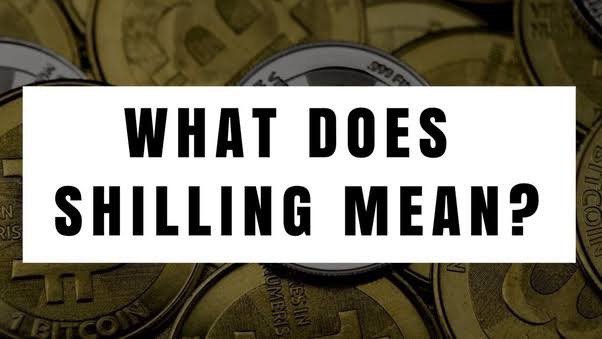What is Shill or Shilling?

Story Highlights
- Shills are undercover operatives who manipulate markets or inflate interest in products by posing as genuine customers.
- Online forums like WallStreetBets are battlegrounds where shills promote specific stocks or spread doubt to deceive investors.
- Identifying shills requires vigilance as they rely on deception to trick users into trusting their fake narratives.
Picture a bustling marketplace. A smooth-talking vendor pushes a revolutionary new product, promising eternal youth or financial freedom. Suddenly, a well-dressed individual from the crowd excitedly chimes in, sharing a personal story of miraculous results from the very product being sold. This enthusiastic stranger isn’t a random customer; they’re a shill, a covert operative working for the vendor to inflate interest and manipulate the crowd.
Shills aren’t confined to bygone eras of street vendors and carnival barkers. They’ve seamlessly transitioned into the digital age, adapting their tactics to the ever-evolving online landscape. Today’s battlegrounds for shill activity include online forums, social media platforms, and even comment sections under product reviews. A prime example can be found on Reddit’s infamous WallStreetBets forum, a hotbed for stock market discussion. Here, shills might masquerade as regular investors, vehemently promoting specific stocks or spreading negativity (FUD – Fear, Uncertainty, and Doubt) to manipulate markets. Their goal? To sway potential investors towards or away from certain stocks, ultimately benefiting their hidden agenda.

The effectiveness of a shill hinges on a crucial element – deception. They pose as genuine customers, their words carrying the weight of supposed personal experience. Whether singing praises or voicing concerns, they craft narratives that resonate with real users. Identifying these undercover persuaders can be a complex task. However, online communities have become increasingly adept at recognizing shill tactics. Through scrutiny of posting patterns, the language used, and the overall sentiment of their messages, vigilant users can help expose these deceptive actors.
The motivations behind shilling can be diverse. Sometimes, financial gain plays a role, with shills directly profiting from pushing a specific product or manipulating stock prices. However, shilling can also serve broader strategic goals. A company might employ shills to discredit a competitor’s product or service, subtly influencing public perception. Regardless of the motive, the ethical implications are clear. Shilling undermines trust in the online marketplace and distorts consumer behavior.
So, the next time you encounter an overly enthusiastic online review or a suspiciously one-sided social media post, take a moment to consider the source. It’s a reminder that the digital world isn’t always what it seems, and a healthy dose of skepticism is crucial when navigating the ever-present dance of the shill.

